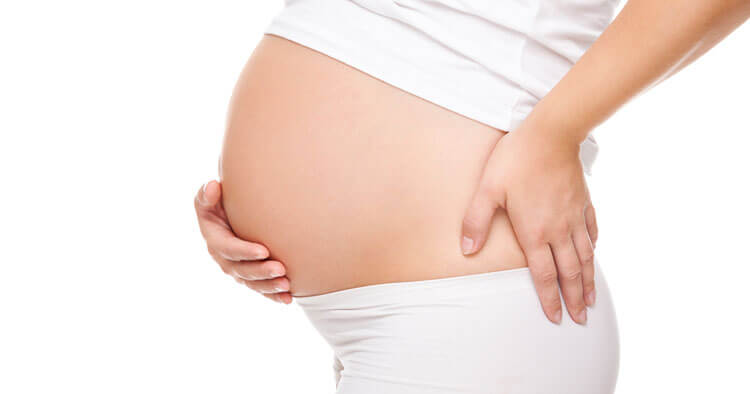Planning For Pregnancy
When planning for pregnancy one could take a similar approach to someone awaiting knee surgery. Being advised by their surgeon to strengthen their thigh muscles as much as possible. Doing so in an attempt to aid their recovery post operatively. Getting in the best possible physical condition prior to falling pregnant could be of benefit to you in many ways during pregnancy. And not only during pregnancy, but after birth being in great shape will most likely aid in a faster recovery getting back to your “pre-baby” levels.
As a result when planning on falling pregnant, it would be sensible to put consideration into your health. Thinking about undergoing some preventative back pain management, including:
• Strengthening your spine.
• Improving any areas of
inflexibility or postural abnormalities
•
Losing weight.
Working on the above before trying to fall pregnant may well reduce any back pain during pregnancy. Seeing your local physiotherapist and having them assess you and your spine is potentially a great way to highlight risk factors. A physio can also look at your movement and conditioning in general, helping you create a program of things for you to work on.
High Heels And Pregnancy
High heeled shoes get a bit of stick from the medical fraternity. During the second and third trimester I would generally suggest not to wear high heels. As your centre of gravity starts to shift with the increasing baby weight, the wearing of high heels further accentuates this shift. Ultimately exaggerating the arch in your lower back, potentially adding further stain with prolonged walking and standing postures. This may well increase the likelihood of back pain, in your already struggling spine.
Pregnancy And Bra Fitting
Wearing a supportive and correctly fitted bra during pregnancy is very important. Generally with pregnancy your breast size changes, the right bra will help reduce strain on your upper back, neck and shoulders. A fitted bra can help keep your shoulders back and stop your chin from poking forwards. These postures can be responsible for causing some women considerable upper back pain and neck pain. Try visiting “More Than A Handful” specialists in bras and maternity fittings on Druitt St in Sydney CBD. The specialize fitting their customers in the right maternity bra.
Money spent on a pair of supportive shoes and a few correctly fitted bras is money well spent. These investments may well help reduce back and neck pain and even end up saving you money in the long run. Saving you the costs associated with getting massages or trips to see your physiotherapist because of back pain.
Pregnancy And Back Pain Braces
There are a number of different braces on the market, ranging from braces designed to help support a growing tummy. Pelvic stability belts that hold tight around the pelvis to stabilize the sacroiliac joints. And back braces designed to help support a sore back. Your midwife, or Doctor are likely advise on which brace may be the most appropriate for your specific situation. Otherwise your local physiotherapist can always help point you in the right direction.
Although many things during pregnancy are beyond your control, certain things you can influence. It’s unlikely you will be able to avoid experiencing any back pain at all throughout your pregnancy. However some back pain may be avoidable. With the right exercises, positional changes,
postural adjustments as well as the using of any indicated supportive braces,
footwear or bras you may be able to avoid significant back pain. As they say a pinch of prevention is worth a pound of cure.
Visiting your local physiotherapist is a great starting point for women suffering pregnancy specific back pain.
Disclaimer: Sydney Physio Clinic does not endorse any treatments, procedures, products mentioned. This information is provided as an educational service and is not intended to serve as medical advice. Anyone seeking specific advice or assistance on Back Pain And Pregnancy should consult her midwife, obstetrician, general practitioner, physiotherapist or otherwise appropriately skilled practitioner.


